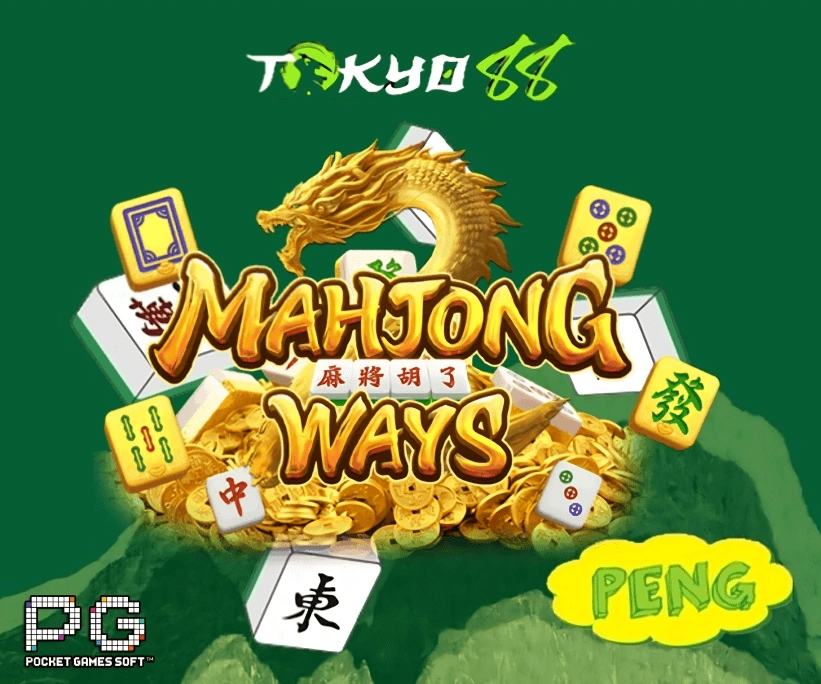November 24, 2025
No Comments
The sprawling universe of video games offers an unparalleled escape, a realm bayitoto where stories unfold, challenges are conquered, and heroes are forged. Among the titans of this industry, PlayStation stands as an enduring beacon, its consoles defining generations of interactive entertainment, while its handheld counterpart, the PlayStation Portable (PSP), carved out a unique and cherished niche in the annals of portable gaming. When we speak of the “best games,” we often venture into a subjective landscape shaped by personal preference, yet certain titles consistently rise to the top, lauded for their innovation, storytelling, gameplay mechanics, and lasting cultural impact. This journey through gaming history will celebrate these masterpieces, from the grand narratives on our television screens to the miniature marvels in the palm of our hands.
What truly defines the “best games”? It’s a question without a singular answer, but common threads include compelling narratives that resonate long after the credits roll, revolutionary gameplay that redefines genres, breathtaking graphics that push the boundaries of technology, and an emotional depth that connects players to virtual worlds and characters. Whether it’s the thrill of discovery in an expansive open world, the tension of a finely-tuned competitive multiplayer match, or the quiet introspection of a character-driven drama, truly great games leave an indelible mark. These are the experiences that players return to time and again, the ones they champion in discussions, and the ones that inspire future generations of developers.
Delving into the legacy of PlayStation games is to traverse a rich tapestry woven with innovation and iconic characters. From the very first PlayStation console, which democratized 3D gaming, to the current generation of the PlayStation 5, Sony’s flagship brand has consistently delivered groundbreaking titles. The original PlayStation introduced us to monumental shifts with games like *Final Fantasy VII*, a JRPG that redefined storytelling in gaming with its complex plot, unforgettable characters, and stunning cinematic sequences. Its influence on the industry cannot be overstated, proving that video games could deliver narratives as deep and impactful as any film or novel. The PlayStation 2, still the best-selling console of all time, further cemented this legacy, hosting an unbelievably diverse library including the mythological grandeur of *God of War*, the expansive urban playgrounds of *Grand Theft Auto III*, and the emotional journeys of *Shadow of the Colossus*, each pushing graphical and narrative boundaries in their own distinct ways.
As technology advanced, so did the ambition of PlayStation games. The PlayStation 3 brought us high-definition experiences and the birth of some of the most critically acclaimed exclusive franchises. *Uncharted: Drake’s Fortune* set a new standard for cinematic action-adventure, blending thrilling set pieces with charming characters and witty dialogue. *The Last of Us*, a masterpiece from Naughty Dog, delivered a gritty, emotionally charged narrative about survival and humanity, earning universal praise for its writing, voice acting, and mature themes. The PlayStation 4 continued this tradition with a stunning array of exclusives like the rebooted *God of War*, which reinvented Kratos’s journey with a more mature, character-driven story and breathtaking visuals, and *Marvel’s Spider-Man*, which offered an exhilarating and authentic superhero experience in a vibrant open-world New York City. The current generation, with the PlayStation 5, continues to build on this foundation, promising even more immersive and graphically superior adventures.
Beyond the home console experience, the PSP games offered a truly revolutionary portable gaming experience. Launched in 2004, the PlayStation Portable was a bold venture, promising console-quality graphics and gameplay on the go, a concept that was truly groundbreaking for its time. It wasn’t just a device for simple puzzle games; the PSP was a full-fledged multimedia powerhouse capable of rendering stunning 3D environments and complex narratives. Its library boasts a wealth of cherished titles that proved handheld gaming could be just as deep and engaging as its console counterparts.
Among the standout PSP games, titles like *God of War: Chains of Olympus* and *God of War: Ghost of Sparta* demonstrated that the intense, brutal combat and epic scale of Kratos’s adventures could be perfectly translated to a smaller screen without compromise. These games were technical marvels, showcasing what the PSP was truly capable of. *Monster Hunter Freedom Unite* became a phenomenon, particularly in Japan, offering hundreds of hours of challenging cooperative gameplay that fostered a vibrant community. The expansive worlds and engaging missions of *Grand Theft Auto: Liberty City Stories* and *Vice City Stories* also found a natural home on the portable system, allowing players to cause mayhem and navigate intricate criminal empires wherever they went. For RPG enthusiasts, *Crisis Core: Final Fantasy VII* provided a poignant prequel to the legendary PS1 game, enriching the lore and delivering a memorable story, while *Persona 3 Portable* offered a fantastic adaptation of the beloved JRPG with new content and a female protagonist option. These games, and many others, cemented the PSP’s status as a formidable gaming machine, proving that quality experiences weren’t limited to the living room.
The enduring appeal of these PlayStation and PSP games lies not just in their initial impact, but in their lasting influence. They shaped industry trends, inspired countless developers, and left an indelible mark on millions of players worldwide. From the innovative leaps of the early PlayStation era to the portable triumphs of the PSP, and onward to the current generation’s cinematic marvels, the evolution of gaming has been a journey of constant discovery and boundless creativity. The “best games” from these platforms transcend mere entertainment; they become cultural touchstones, cherished memories, and testaments to the power of interactive storytelling. As we look to the future, the legacy of these gaming legends continues to inspire, promising even more incredible adventures on the horizon, while reminding us of the timeless joy found in exploring virtual worlds, one game at a time.






